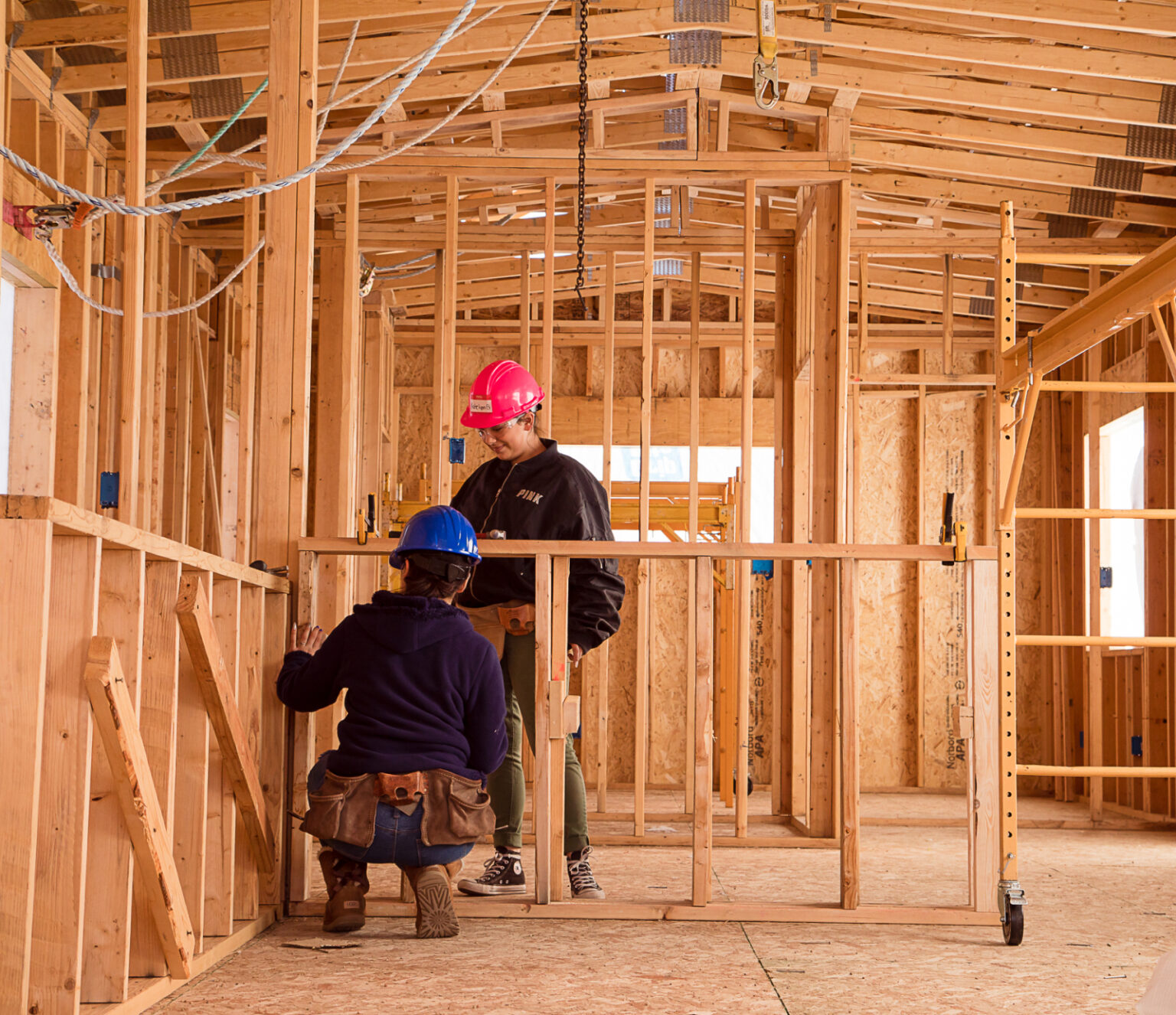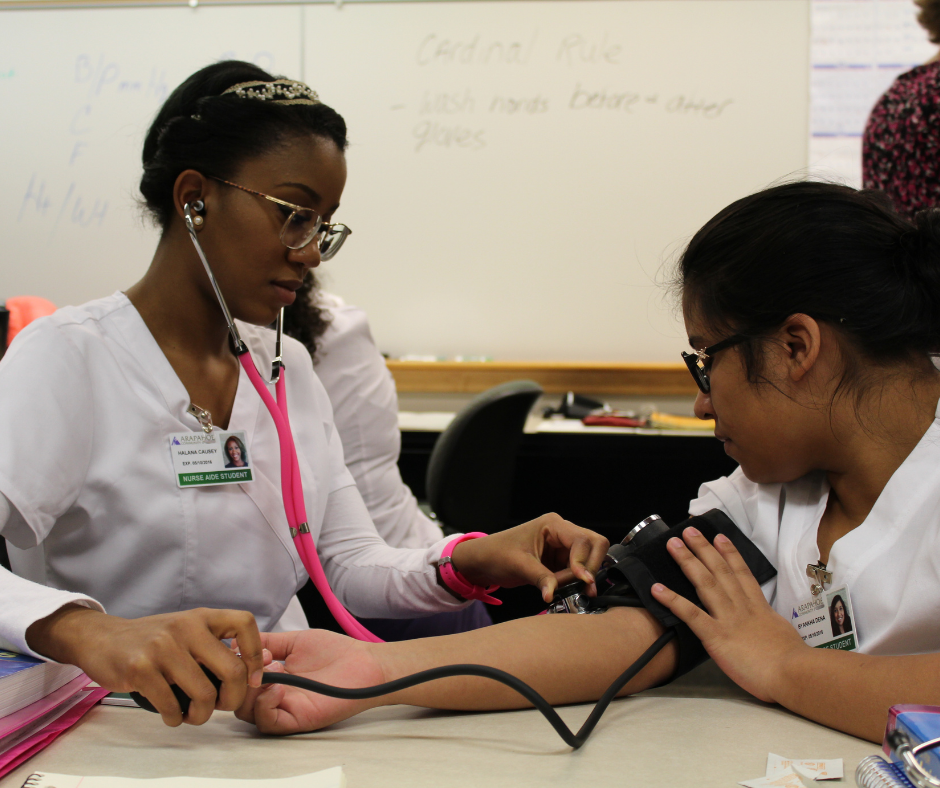Updated K-12 Accountability System Prioritizes College & Career Readiness
A new bill updates Colorado’s school accountability system to better reflect what students need to succeed after high school graduation.
2025 Legislative Spotlight Series: Highlighting key education and workforce policies passed this session
Colorado is taking a major step toward redefining school success, one that places student outcomes, not just test scores, at the center of the state’s accountability system.
House Bill 25-1278 updates Colorado’s K-12 accountability system to better reflect what matters for students’ long-term success: whether they are truly prepared for college and career.
This legislation was mainly driven by innovative high school leaders who are embedding more career-connected learning, college coursework, and industry certifications into the high school experience, and recognize the importance of these for student success after graduation.
The Colorado Department of Education will work with educators, families, and community members statewide to phase in the changes over time, improve data transparency, and ensure every district can access actionable insights.
What This Legislation Does
The bill makes several key updates to how school and district performance is evaluated, with implementation beginning in the 2026–2027 school year.

By the 2027-2028 school year, four PWR sub-indicators will be fully incorporated into the accountability system:
- College & Career Readiness Before Graduation
- Postsecondary Progression
- Graduation Rate
- Dropout Rate

The legislation also works to ensure equity, transparency, and relevance by:
- Requiring the disaggregation of data by student group (e.g., income, race/ethnicity, English learner status) to identify gaps and drive continuous improvement.
- Mandating the creation of a new data dashboard that showcases how districts and schools prepare students for life after high school.
- Aligning PWR metrics with Colorado’s Talent Pipeline report and workforce priorities.
These updates ensure the accountability system supports and reflects the broader goal: that all students graduate with the skills, credentials, and experiences needed to thrive in a rapidly evolving economy.
Why This Matters
Up until now, Colorado has measured student achievement primarily through standardized test scores and graduation rates, but readiness for life after high school requires more.
More than 90% of jobs in Colorado that pay a family-sustaining wage require some form of education or training beyond high school. Yet fewer than 30% of Colorado high school graduates earn a postsecondary certificate or degree within six years.
This legislation moves the state closer to a system that reflects the full range of skills and experiences that matter for long-term success and rewards schools for helping students make meaningful progress, not just for hitting fixed benchmarks.
2025 Legislative Spotlight Series: Highlighting key education and workforce policies passed this session
Read the other blogs in this series:




